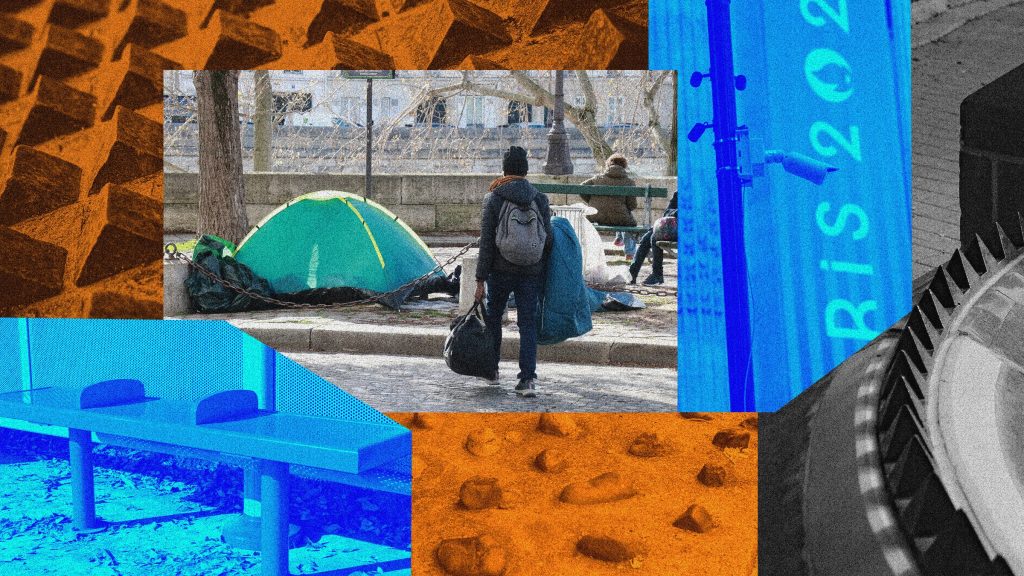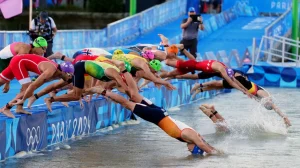The Olympics’ Hostile Architecture Is a Preview of What’s to Come
The Olympics’ Hostile Architecture Is a Preview of What’s to Come
As the world eagerly awaits the start of the Olympics, a darker side of the event is coming to light – the…

The Olympics’ Hostile Architecture Is a Preview of What’s to Come
As the world eagerly awaits the start of the Olympics, a darker side of the event is coming to light – the use of hostile architecture. Hostile architecture refers to the design of public spaces in a way that discourages people from loitering or sleeping in those areas. While it may seem like a necessary measure to maintain order and cleanliness, critics argue that it is a cruel and inhumane way to address social issues.
At the Olympics, we can see examples of hostile architecture in the form of benches with armrests and spikes on ledges to prevent people from sitting or sleeping on them. These measures may seem subtle, but they send a clear message that certain individuals are not welcome in these spaces. This type of design is not only dehumanizing, but it is also ineffective in addressing the root causes of homelessness and poverty.
Unfortunately, the use of hostile architecture is not limited to the Olympics. Cities around the world are increasingly turning to these measures to control public spaces and maintain a certain image. This trend is a troubling preview of what’s to come if we continue to prioritize aesthetics and order over the well-being of all individuals.
Instead of resorting to hostile architecture, we need to address the systemic issues that lead to homelessness and poverty. We need to create inclusive and welcoming public spaces that are accessible to all members of society. The Olympics should be a celebration of unity and diversity, not a showcase of exclusion and discrimination.
It is time to rethink our approach to urban design and prioritize the needs of all individuals, regardless of their social or economic status. The Olympics’ use of hostile architecture should serve as a wake-up call for us to create a more compassionate and equitable world for everyone.
Let us use this moment to reflect on the values we hold as a society and strive to create a future where everyone is treated with dignity and respect, both during the Olympics and beyond.






